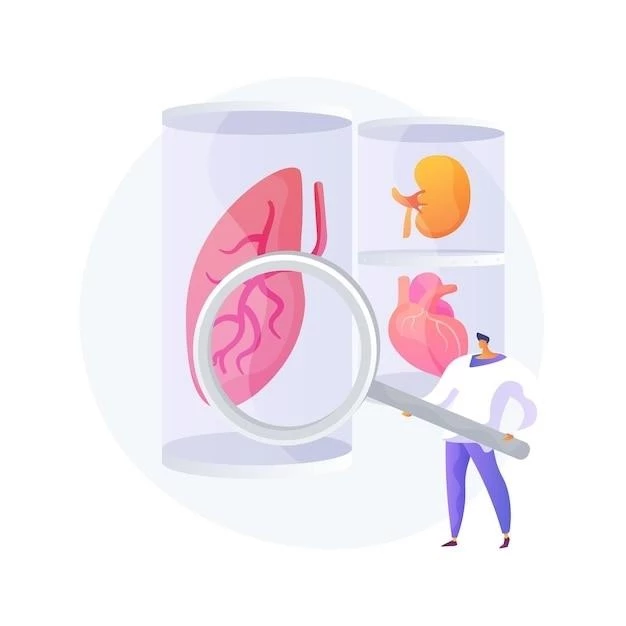Ribavirin and Hepatitis C Treatment
Ribavirin is an antiviral medication used in combination with other drugs to treat chronic hepatitis C virus infection. Common brand names for ribavirin include Rebetol, Ribasphere, and Copegus. This medication works by stopping the hepatitis C virus from spreading in the body. Learn more about the uses, side effects, dosages, warnings, and drug interactions of ribavirin for hepatitis C treatment.
Common Side Effects of Ribavirin
Ribavirin may cause common side effects such as nausea, diarrhea, stomach upset, headache, dizziness, blurred vision, trouble sleeping, cough, and changes in taste or hearing. Other side effects can include weight loss or gain, dry skin, dry mouth, and injection site reactions. It’s important to monitor any unusual symptoms and consult with your healthcare provider.
Some serious or life-threatening side effects induced or aggravated by ribavirin may include depression, suicidal thoughts, relapse of drug abuse/overdose, bacterial infections, and hepatic decompensation in patients with chronic hepatitis C. If you experience any of these severe side effects, seek immediate medical attention.
Ribavirin can have potential side effects on children’s growth, so it’s crucial to inform your healthcare provider if your child does not seem to be growing at a normal rate while using this medication. Additionally, individuals with a history of depression, anxiety, immune system problems, kidney disease, low blood counts, lung diseases, or other medical conditions should discuss these with their doctor before starting ribavirin treatment.
Ribavirin⁚ Dosage and Administration Guidelines
Ribavirin, commonly prescribed in conjunction with interferon alfa products, is available in various forms like tablets and capsules under different brand names such as Rebetol and Ribasphere. The dosage of ribavirin is determined based on the patient’s weight, typically ranging from 800 mg to 1400 mg per day, depending on the specific interferon alfa product used.
It is essential to take ribavirin with food to help maximize absorption and minimize stomach upset. The dosage may need adjustment for patients with renal impairment. The duration of treatment varies depending on individual response and the specific hepatitis C virus genotype being targeted.
When taking ribavirin, strict adherence to the prescribed dosage and schedule is crucial for the effectiveness of the treatment regimen. Missing doses or altering the prescribed dosage without consulting a healthcare provider can affect the success of the therapy and the overall treatment outcome.
Consulting with a healthcare provider for personalized dosage recommendations and adhering to the administration guidelines are vital steps in optimizing the benefits of ribavirin therapy while minimizing the risk of potential side effects and drug interactions.
Ribavirin⁚ Drug Interactions and Warnings
Ribavirin, an antiviral medication used to treat chronic hepatitis C virus infection, can interact with various drugs and should be used with caution in certain populations. Common drug interactions may occur with daclatasvir and other medications, affecting the effectiveness of coadministered drugs. It is crucial to consult a healthcare provider to assess potential drug interactions before starting ribavirin treatment.
Warnings associated with ribavirin include the risk of serious disorders and ribavirin-associated effects. This medication should never be used alone to treat hepatitis C infection due to its limited efficacy as monotherapy and the potential for adverse outcomes. Patients with renal impairment should exercise caution when using ribavirin, as dosage adjustments or discontinuation may be necessary.
Ribavirin can induce hemolytic anemia, a severe blood disorder that may lead to heart problems. If you experience symptoms like chest pain or difficulty breathing while taking ribavirin, seek immediate medical attention. Pregnant individuals should not handle ribavirin due to the risk of harm to the unborn baby. Understanding the potential drug interactions and warnings associated with ribavirin is essential for safe and effective treatment of hepatitis C.

Ribavirin⁚ Pregnancy and Safety Concerns
Ribavirin poses significant safety concerns, especially regarding pregnancy. It is crucial to avoid pregnancy during ribavirin therapy as it can cause severe birth defects and fetal harm. Women of childbearing age and their partners must use effective contraception during treatment and continue contraception for a specified period post-treatment as advised by healthcare providers to prevent potential risks to the unborn child.
Due to the teratogenic effects of ribavirin, handling the medication without proper precautions during pregnancy should be strictly avoided. Additionally, individuals with a history of heart problems should inform their healthcare providers before starting ribavirin therapy, as ribavirin can exacerbate heart conditions.
Understanding the safety concerns related to ribavirin therapy, especially in the context of pregnancy, is essential for minimizing risks and ensuring the well-being of both the patient and potential offspring. Consulting with healthcare professionals for personalized guidance on managing pregnancy-related issues during ribavirin treatment is strongly recommended.
Ribavirin⁚ Potential Serious Side Effects
Ribavirin, an essential component in the treatment of chronic hepatitis C virus infection, can lead to the development of serious adverse effects that necessitate prompt medical attention. Some of the potential serious side effects associated with ribavirin therapy include depression, suicidal thoughts, relapse of drug abuse or overdose, bacterial infections, and hepatic decompensation among patients with chronic hepatitis C.
Individuals undergoing ribavirin treatment should be vigilant for signs of depression, changes in mental health status, or symptoms of drug relapse or overdose. The occurrence of bacterial infections should be promptly addressed with appropriate medical intervention to prevent complications. Hepatic decompensation, characterized by liver function deterioration, requires urgent medical assessment and management.
Understanding the potential serious side effects of ribavirin is crucial for patients and healthcare providers to monitor treatment progress closely, identify warning signs, and take proactive measures to address any severe complications that may arise during the course of hepatitis C therapy involving ribavirin.
